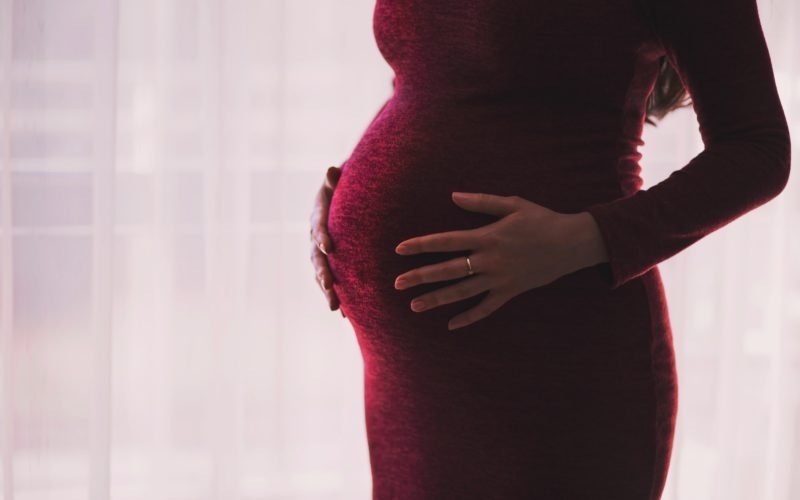Britain’s Labour Party is calling for a ban on expectant mothers being told the sex of their baby in early blood tests due to fears it may lead to girls being aborted.
It comes amid fears the test can lead to the termination of baby girls due to a preference for boys in some cultures.
The non-invasive pre-natal test (NIPT) is used to detect Down’s syndrome and other genetic conditions and is being rolled out by the NHS as an additional part of its antenatal screening offer.
Labour MP Naz Shah, shadow minister for women and equalities, said it could force expectant mothers and fathers to adopt methods such as NIPT “to live up to expectations of family members”.
Naz Shah, also added “absolutely wrong” that women were pressurised to have abortions if the baby was expected to be a girl.
“NIPT screenings should be used for their intended purpose, to screen for serious conditions such as Down’s syndrome,” Ms Shah told the BBC’s Victoria Derbyshire programme.
“The government needs to look into this exploitative practice and enforce appropriate restrictions.”
The call represents a significant shift in policy for the Labour Party. In February 2015, the vast majority of Labour MPs voted against an explicit ban on sex-selective abortion, leading to the proposal being defeated.
A combined blood and ultrasound test is offered to parents-to-be on the NHS in the first three months of pregnancy to check for abnormalities.
Most women can find out the sex of the foetus at their mid-pregnancy scan, usually between 16 and 20 weeks.
Research by the Nuffield Council on Bioethics found several websites offering baby gender tests for around £170.
A report by the organisation in 2017 warned that while there was limited evidence gender-selective terminations were taking place in the UK, there was a “real possibility that permitting NIPT for sex determination in the UK may be encouraging sex selection”.
It said there was no need for the test at an early stage in pregnancy – unless it was to determine a baby’s sex to diagnose a gender-related medical condition.
It is illegal to abort a pregnancy because of the sex of a foetus, although there are some exemptions and the council said that laws are not “clear-cut”.








